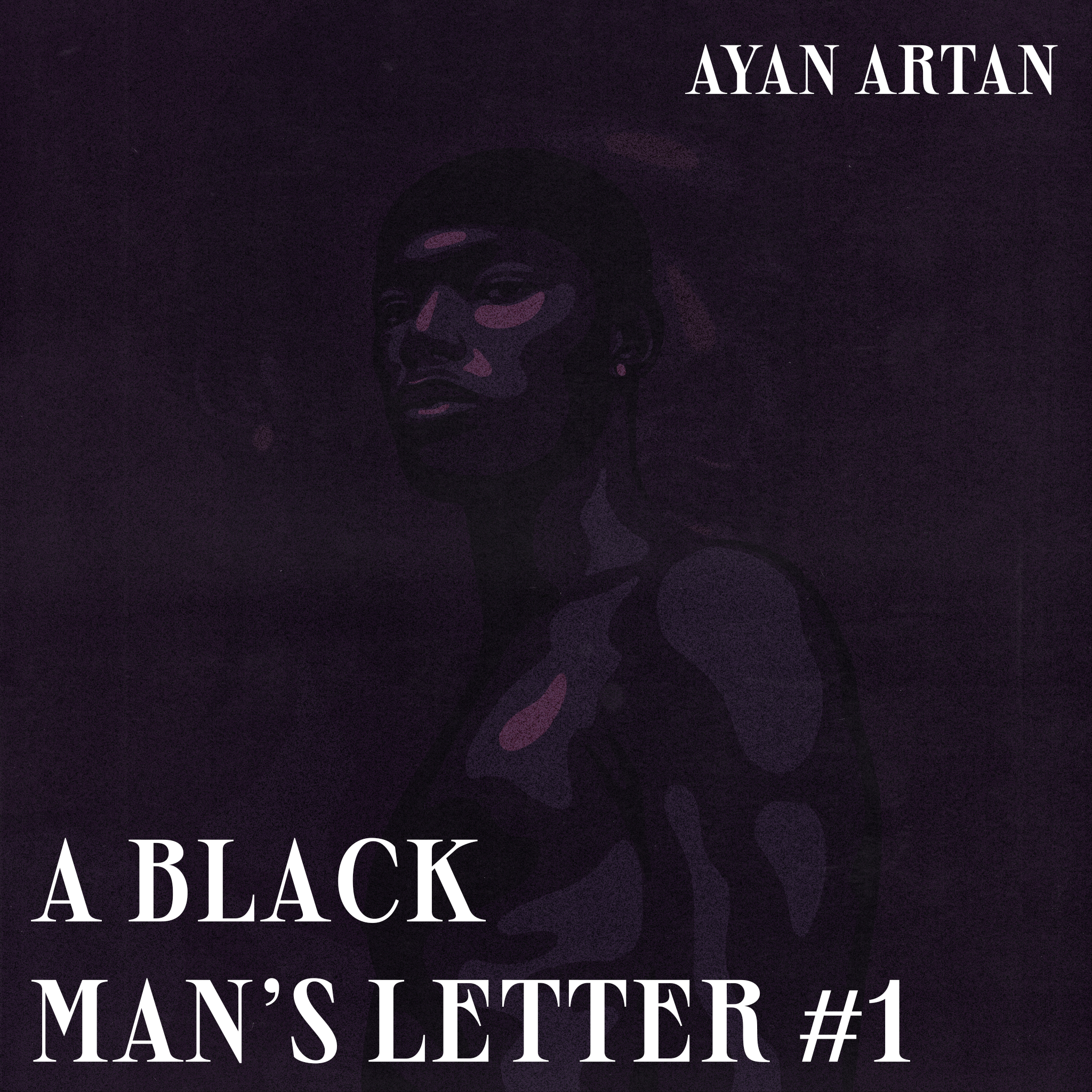A Black Man’s Letter #1: Inception
TOMES presents the inaugural edition of a Black Man's Letter: a culture segment dedicated to giving Black men a platform, a voice, a space to heal their hurt…
The first time I saw the video of George Floyd’s murder circulating on social media, I decided that I wasn’t going to watch it. I know my mind and my heart, my boundaries; to witness one of our own killed the way George had been killed would be too much for me to see, I argued. It would be intolerably cruel to put myself through that unnecessarily. But the more that I thought about it, the less true that argument rang. We found ourselves inundated with the constant news that Black bodies are being victimised – to wake up and hear about a police shooting or some other violation of Black people’s humanity is so common now that we are, inevitably, building a level of apathy when it comes to these things. And to accept as an unquestionable reality the violence so commonplace against our people is not only exceptionally sad, it is dangerous. So I changed my mind and watched it
“…to witness one of our own killed the way George had been killed would be too much for me to see, I argued.”
Watching the video was so much more harrowing than even I had imagined. To see this man have the life suffocated out of him so publicly, with such casual callousness made me sick. I was too angry to cry and yet too heartbroken to rage. I don’t have the vocabulary to describe what that moment felt like, but I remember feeling everything in my body after it was done. It was in this condition that my baby brother – 15 at the time – found me.
“What are you watching? Let me see,” he asked.
We had been in lockdown for weeks at this point, a comfortable mundanity colouring our day to day lives. Our unit of three had created a precious bubble despite the uncertainty and loss that the pandemic had brought so many other homes. We have always been close, my brother and I. With a three-year age gap, it may seem odd but our dynamic resembles that of twins more than it does of an older sister and younger brother. I write this section as context, to allow you to see that very few people know this young man’s heart better than I do. And yet somehow, there are so many of his fears and insecurities that my brother has never brought up. I wear my heart on my sleeve, my thoughts on my face; feeling unreserved and out loud. He has never been like that.
But as I pressed play, and it became clearer to him as it had to me that George would die on that cold pavement, there was not a single emotion that wasn’t clear to see. Grief and anger and confusion marred his beautiful face. As the video ended, he turned on me, voice quiet…
He told them he couldn’t breathe. Why didn’t they stop? They knew they were killing him.
It was with those questions that he initiated one of the most honest conversations we’d ever had. Though our conversation will forever be seared into my mind, it was the look of discomfort on his face as he talked me through his emotions that has stuck with me more than anything. It is the fact that, in his own words, talking about sadness and anger is weird to him. Even in our household of honesty and vulnerability, he felt caged into his own thoughts. I speak freely here of my own reaction to that video, but he felt that there was no place for his hurt to be heard.
It is this animalisation of Black Male vulnerability that urged me to start this segment, and I hope that it can do for you what it did for me.
“…he felt that there was no place for his hurt to be heard.”
To remind you that our brothers’ hearts are hurting and that we have failed to give them a space to heal. That they too are human. That we need to do better.
credits
words — ayan artan
design — sâde popoola



